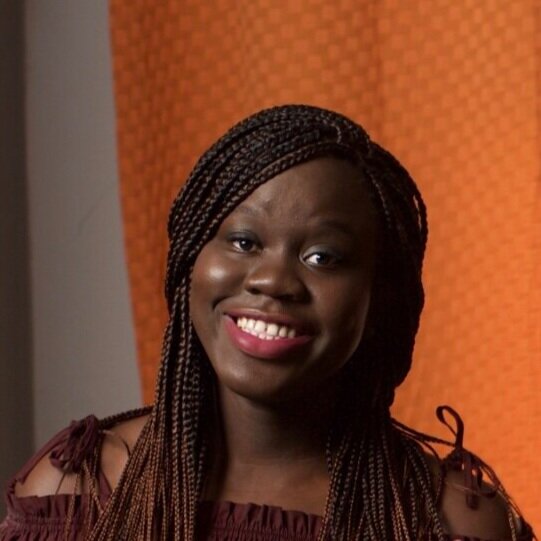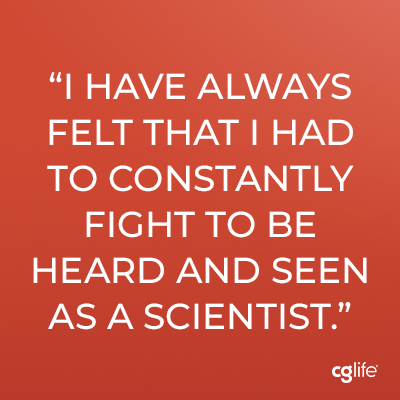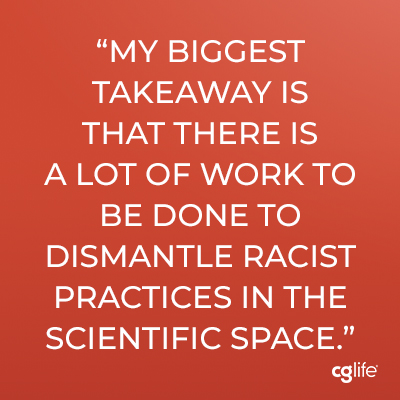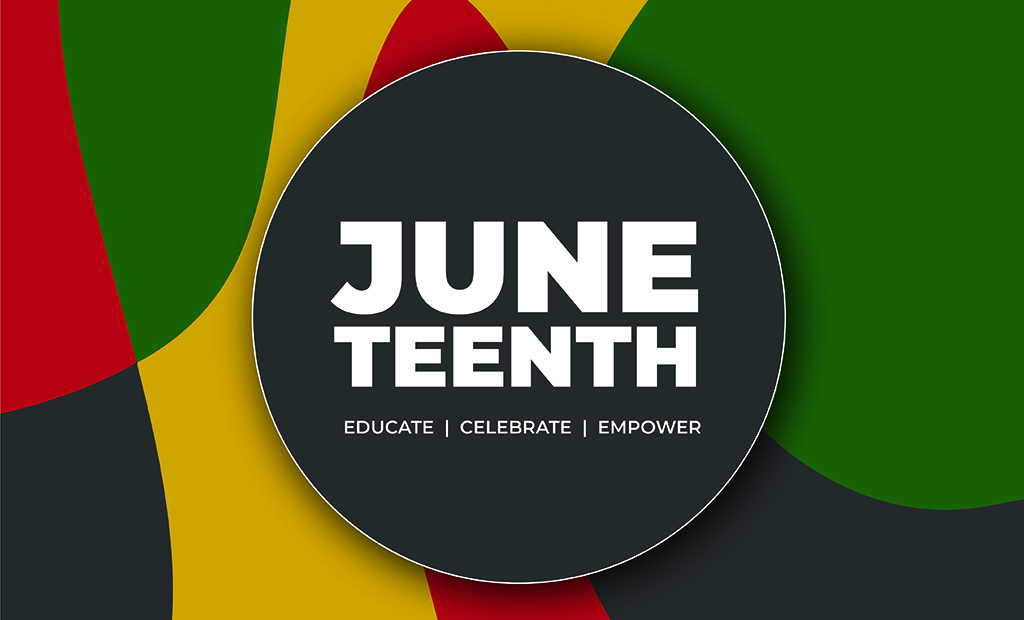While Juneteenth marks a historical celebration of the emancipation of African Americans, it is also a reminder of our country’s flaws and the continuing work yet to be done by all of us to support and protect the Black community.
Today we will consider the past, present, and future and how we must all continue to strive to ensure an equal, safe, and inclusive nation for all people.
In reflection and celebration of Juneteenth, CG Life sat down with Co-Founder of Black in Immuno, Elaine Kouame, to learn more about the organization.
 Elaine Kouame, Co-Founder of Black in Immuno
Elaine Kouame, Co-Founder of Black in Immuno
Black in Immuno is a professional group created by Black immunologists and allies to support Black people in the field of immunology. Providing Black scientists and researchers with resources and networking opportunities are some functions of the organization.
Elaine is a fifth-year PhD candidate in the Committee on Immunology at the University of Chicago. Her work focuses on how enteric viruses can trigger immunopathology such as Celiac disease.
Read on to learn more about Black in Immuno below.
Can you explain what Black in Immuno is and how you became a founding member?
Black In Immuno is a platform aimed at amplifying and celebrating Black immunologists’ voices and advocating for inclusive and anti-racist scientific spaces. We want to show the world that Black Immunologists exist and deserve to be acknowledged.
I became a founder in a very organic manner. Black In Immmuno is among the numerous BlackInX groups created in several scientific fields to address racism in science. I was on Twitter and saw other BlackInX groups forming, and I remember feeling empowered and happy to witness such great moments. So I tweeted something like, “Where are the Black Immunologists?” and got many responses. Some of the founders were already talking, so I joined them, and the rest is history.
In what ways does Black in Immuno support Black scientists and researchers?
There is a huge lack of representation of Black Immunologists at conferences and seminars. To remedy this, at Black In Immuno, we decided to support Black immunologists by creating a platform to highlight their work and connect them with opportunities. On the one hand, we have our yearly Black In Immuno Week, where we showcase and amplify the work of Black Immunologists worldwide through a series of talks, panels, and a social media campaign. We are currently working on creating a database of Black Immunologists which will be accessible to institutions and companies.
We serve as a resource hub for our community by highlighting opportunities and fostering collaborations among Black immunologists worldwide.

As a Black woman in the science industry, can you share any resistance or challenges you have faced and how you overcame them?
Throughout my journey in graduate school, I have faced several microaggressions which amplified my feelings of inadequacy. I have always felt that I constantly have to fight to be heard and seen as a scientist. It is still a work in progress, but I think I am improving at standing up for myself and now I’m not so afraid to call out people on inappropriate behaviors. I have gradually realized that the science industry needs to change and that I was never the problem, to begin with.
Is there any specific thing you have done that has inspired your work within immunology?
I taught basic immunology at a non-profit organization called Target H.O.P.E for three years, and it was one of the most rewarding and inspiring experiences of my life. Communicating science to these brilliant kids who looked like me was one of the things that kept me going.
What has been your biggest takeaway as a founding member of this organization?

My biggest takeaway is that there is a lot of work to be done to dismantle racist practices in the scientific space.
Can you share your favorite quote that is meaningful to you and your work?
If I had to pick a favorite quote, it would be, “When I dare to be powerful—to use my strength in the service of my vision; then it becomes less and less important whether I am afraid.” - Audrey Lorde.
Do you have any of your own words of advice for aspiring scientists?
I will borrow the words of my friend Katie Aracena that guided my scientific journey. “It is not about if you can do it, but rather if you want to do it.”
What specific actions can companies and institutions take to support Black communities?
I think companies and institutions need to be intentional in supporting Black communities. I do not believe there is a one-size-fits-all process, but I think it is a gradual process. This process can start at home, meaning supporting Black employees within the company and assessing how they can support local Black communities or financially supporting organizations that are actively creating opportunities and spaces for Black scientists.
